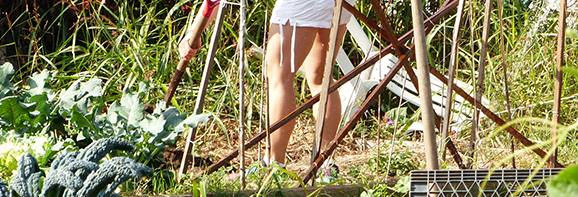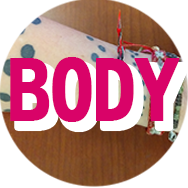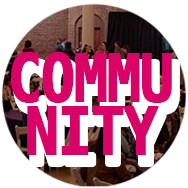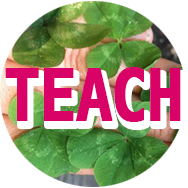
Gardening shows us the lie of capitalism. The scarcity model is a lie. Gardening works only on the rule of abundance. This does not mean that every garden or every plant will provide fruit in abundance. But each plant will, without a doubt, create seeds more numerous than anyone can count… certainly more numerous than anyone can grow and eat. Words, knowledge, these also show us the lie of capitalism. Words come and keep coming without end. Writing grows. It always leads to more writing, more stories, more questions, more knowledge. And yet, academia is built on the scarcity model: not everyone can get an A; there are never enough jobs (though always too much work).
I write texts like I grow plants. Every day, a little bit of care. The peas may die, while the beets get fat. I always receive more rejection letters than acceptances. Every day, a little bit of care. I'll be bringing a bag full of zucchini to your office, if you express even the slightest interest.
While I was writing my dissertation, I grew a beautiful garden. It rained a lot that year. I was in DC and didn't have air conditioning. I woke up early, weeded, wrote, harvested, ate, wrote. My cat alongside me most every day.
Now in Santa Barbara, California, I currently have two massive community garden plots that I maintain with the help of a few of our local anarchists. Anarchists, theoretically, make great gardeners. However, I wonder if they like the idea of abundance and community-based agriculture more than they like plants and veggies.
I love plants. I want to see them grow and change. I loved learning that cucumbers have spikes and that strawberries are called strawberries because if you don't put straw under them they will get weird slugs. I could talk for hours about the weird bugs that will get your veggies if you're not watching carefully. It is the daily process of attending to plants, ideas, writing that is most rewarding.

My process of designing this web text illustrates some of the challenges that arise when relating our bodies, our lives, and our knowledge. When I started, my body and my life had no space in the text: I had not planned on making any reference to myself. I would only include the design choices of other feminists and other scholars. I would analyze them from a feminist perspective. As I more seriously engaged with the theories of Rhodes and Alexander, Selfe, and Arola, the precedent had been set to include yourself and your narrative as a central aspect of multimodal composition. So I gave it a try. [I placed myself in brackets.]
I moved into the side bars.
I designed myself in light grey, as a whisper among the otherwise black text.
With time, I found some space for myself up front.
Scholars of indigenous rhetorics have lead the way making space for unique bodies, stories, and knowledge. As Malea Powell (2012) so beautifully reminded us in her CCCC Chair Address, our stories are the sources of our theories. Stories foreground the relationships between ourselves, our spaces, communities, and the knowledge that we produce. And with these stories, Powell found that she "can build another path - one that resists a defensive posture and instead, honors the stories and bodies who came before and will come after me. It isn't a solution, but a worldview to tell stories, teach, and live in this weird space called academia" (p. 390).
As I shifted to find more space for myself, my life, and my body in this text, the design also became rich with life. I needed more life than just mine. Plants started to grow. The lives of those women and men who make me feel brave, smart, and caring inched into the margins and their voices began to reverberate with my own. The text began to move, shake, and change.
Design and write with care
Designing a technofeminist project requires us to be vulnerable. On one hand, it's vulnerable work for us as professionals: We're breaking design rules. How will those who do not take the time to think, see, and experience judge our projects? Will they assume we do not know the rules? That we have unprofessional taste? In addition, digital work is always vulnerable work for junior scholars especially, given that the work continues to be disregarded or undervalued by some academic gatekeepers.
However, I have to be honest… this level of vulnerability does not scare me. I am contingent faculty. Vulnerability is the defining quality of my career choices. I’m not stuck in this vulnerability. I've chosen to dwell here: there are some freedoms in precarity that I’ve grown to enjoy.
The vulnerability of designing as a technofeminist has been personal. I feel afraid of being seen. And I am going to guess that I'm not the only one who feels this fear. To quote Powell (2012) once more, "Telling stories doesn't always feel good. It’s not easy to bring them into academic spaces" (p. 390). We spend so many years learning to assume the voice of an objective, disinterested, generic academic. That persona has authority. I, in my embodied experience, have never felt entitled to academic authority. I learned that I could earn that authority, only when I don that academic voice, follow the rules, and promise not to take up too much space. The process of thinking through Technofeminist theory has also been a process of bringing together on the page my stories as a body, community member, teacher, and writer.






